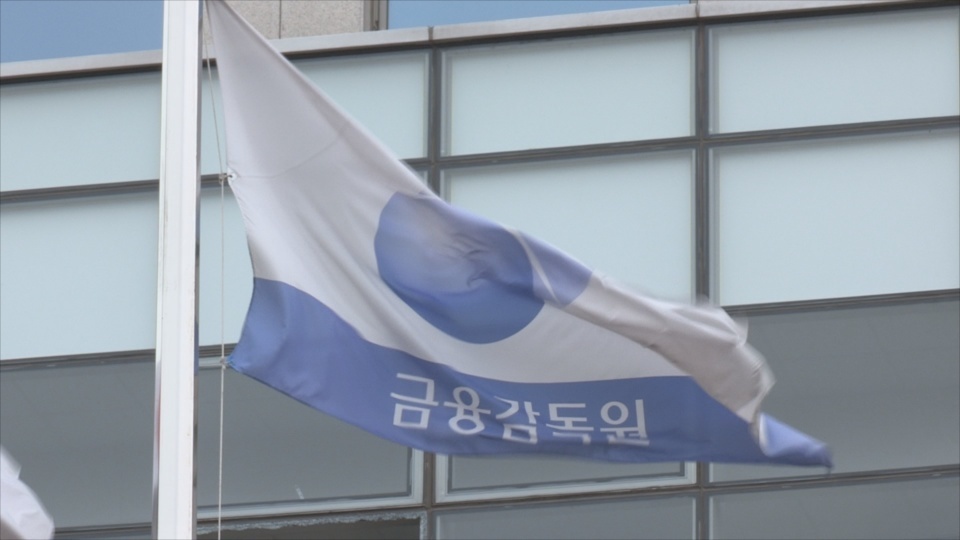 |
Financial Supervisory Service (Yonhap) |
South Korean insurance companies saw their financial health improve in the third quarter as more profits and share price gains bolstered capital, data showed Thursday.
The risk-based capital (RBC) ratio of local insurance firms stood at 283.9 percent at end-September, up 7.5 percentage points from three months earlier, according to the data from the Financial Supervisory Service (FSS).
Their RBC ratio rose for the second consecutive quarter in the July-September period on the back of greater earnings and increased share prices, the financial watchdog said.
A key yardstick of financial stability, the RBC ratio -- the actual solvency capital divided by the minimum solvency capital required -- measures an insurer's ability to absorb losses and pay insurance money to policyholders.
Local insurers are required to maintain the ratio at 100 percent or above, while the watchdog advises insurance firms to have ratios of 150 percent or higher.
The RBC ratio for life insurance companies rose 10.8 percentage points on-quarter to 303.5 percent, with the figure for non-life insurers climbing 1.2 percentage points to 247.7 percent.
Insurance firms in South Korea are required to gradually increase their capital reserves to better cope with tougher global accounting standards for insurers, set to go into effect in 2022. (Yonhap)








